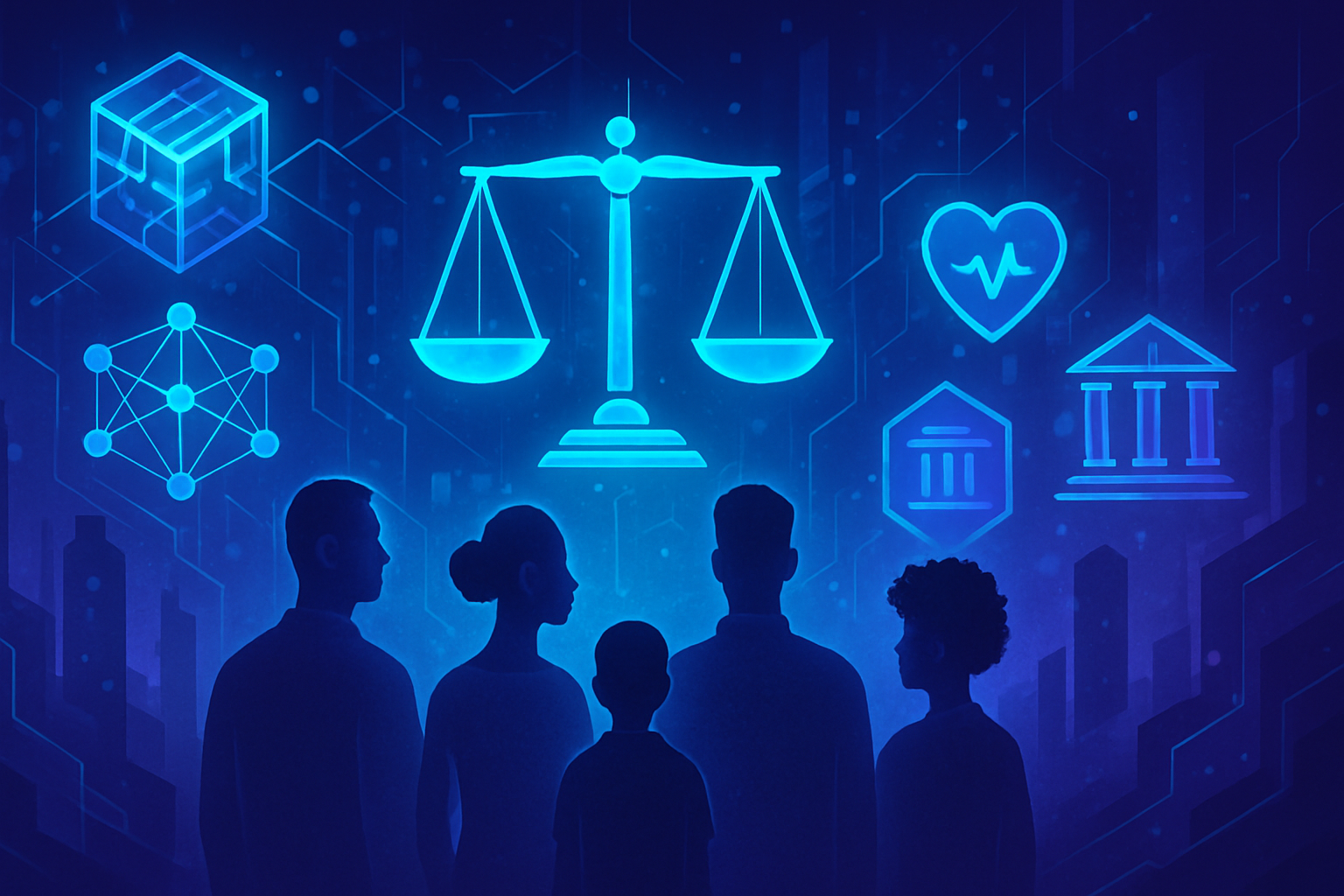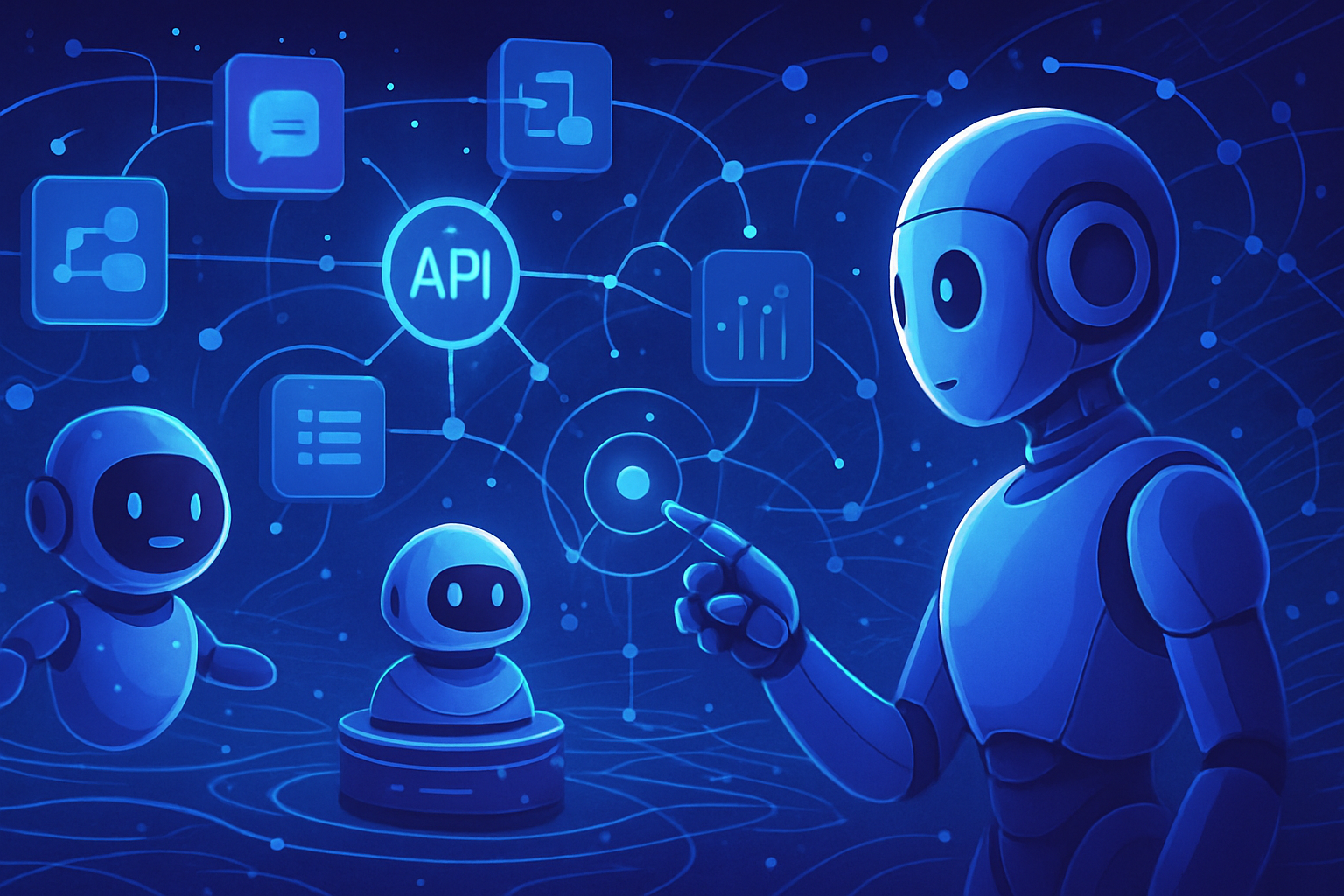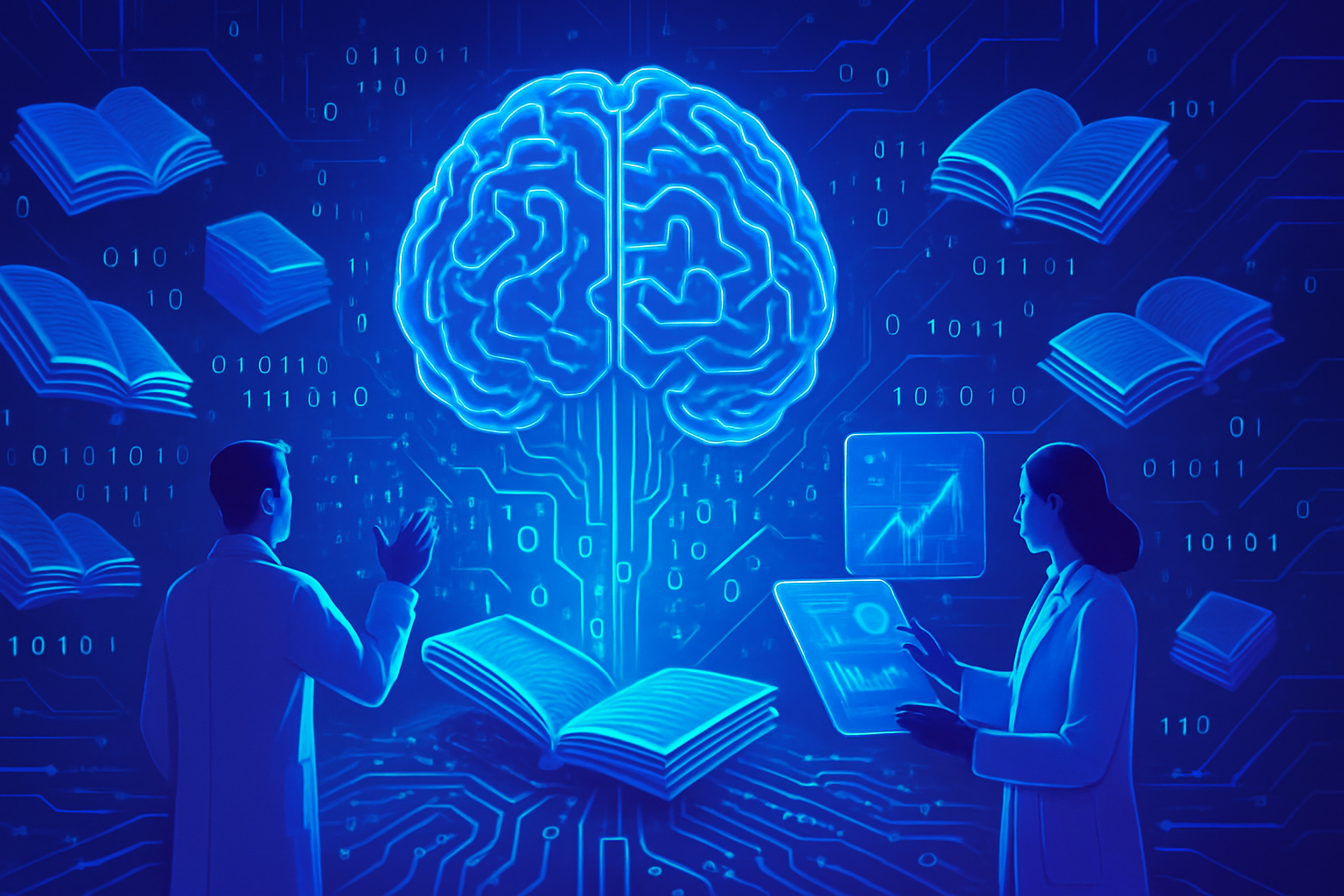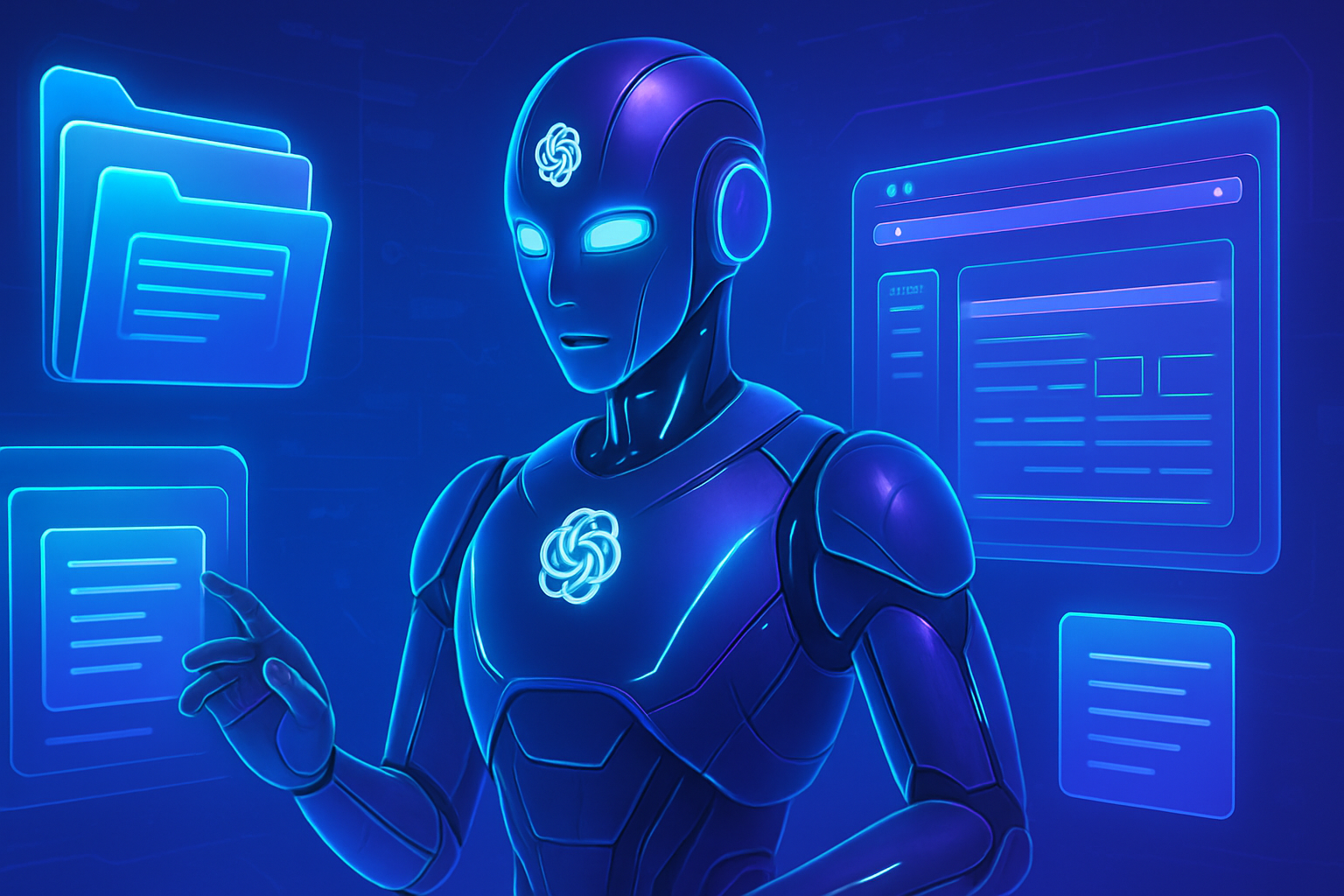The fairness of decisions made by machine learning models in high-stakes situations represents a major contemporary challenge. Algorithms profoundly influence *life choices*, such as access to employment or credit. The need for a fair and impartial determination of outcomes is imperative, especially when multiple learning models yield divergent predictions.
Traditionally, a single model is often favored, but this practice raises ethical and operational questions regarding its reliability and transparency. Researchers are turning to user opinions, revealing a desire for more nuanced approaches. A reconfiguration of the evaluation methodology of decisions is necessary in light of the growing *socio-economic* stakes associated with artificial intelligence.
The fairness of machine learning model decisions
Recent research conducted by computer scientists from the University of California, San Diego, and the University of Wisconsin-Madison questions the use of a single machine learning (ML) model for critical decisions. This inquiry particularly focuses on high-stakes decision-making mechanisms, where algorithms determine who is accepted and who is rejected, whether for a job or a loan application.
The implications of using a single model
The research led by associate professor Loris D’Antoni, in collaboration with his colleagues, has highlighted a troubling phenomenon: the existence of multiple models, each capable of yielding distinct results, influences the perception of decision fairness. Through the paper titled “Perceptions of the Fairness Impacts of Multiplicity in Machine Learning,” the researchers emphasize instances where models of the same reliability arrive at divergent conclusions.
Stakeholder reactions
The results of the study reveal that the individuals consulted oppose the standard practice of relying on a single model, especially when multiple models display disagreements. Participants also reject the idea of imposing a randomization of decisions in such circumstances. These preferences contradict the practices often adopted in ML model development.
Recommendations for the future
The researchers hope that these findings will inform future model development processes and associated policies. Among the recommendations are broadening research to various types of models and integrating human decision-making to resolve disagreements, particularly in high-stakes contexts. This approach aims not only to enhance transparency but also to build trust in machine learning systems.
Collaborations and contributions of researchers
This study is part of a collaborative effort involving experts such as Aws Albarghouthi, associate professor at the University of Wisconsin, and Yea-Seul Kim from Apple. Their collective contribution addresses an urgent need for reevaluating current practices in ML. Together, they emphasize the importance of considering ethical aspects in the development and deployment of machine learning in critical contexts.
Context and broader implications
The topic of fairness in machine learning is part of a larger debate on the role of artificial intelligence in our society. Recent works explore the ethical dimensions of AI, as evidenced by this article on the impact of generative AI on various sectors. The implications also extend to the ownership of models, as suggested by this call for public ownership of powerful AI models.
Reflection on the fairness of decisions in the field of machine learning appears essential. Recent works underscore the need to rethink algorithms and their applications in high-stakes contexts to develop reliable and fair systems. The way decisions are made could transform lives. For further reading, this article discusses the implications of AI on the workforce and the future of jobs: artificial intelligence and cognitive superpowers.
Frequently Asked Questions about the fairness of machine learning model decisions in high-stakes situations
What is fairness in the context of decisions made by machine learning models?
Fairness refers to the ability of machine learning models to make just and impartial decisions, without biases that could disproportionately affect certain populations or groups.
How can machine learning models impact high-stakes decisions?
Models can influence critical decisions such as loan approvals, hiring, or awarding scholarships, making it essential to ensure their fairness to prevent unfair consequences for affected individuals.
Why is it problematic to rely on a single machine learning model for critical decisions?
Relying on a single model can lead to a lack of robustness and biased considerations, as different models may produce divergent results for the same situation, complicating the fairness of decisions.
What are the effects of using multiple machine learning models?
The use of multiple models can reveal inconsistencies and allow for a range of perspectives to be evaluated, thereby aiding in more balanced decision-making and better consideration of various variables.
How can the fairness of decisions made by a machine learning model be assessed?
Fairness assessment can be done by analyzing the model’s outcomes through specific metrics such as treatment parity, outcome parity, and analysis of potential biases across different demographic groups.
Can users influence the final decision when there are multiple models with divergent results?
Yes, involving human users in the decision-making process can help resolve disagreements between models, allowing for a qualitative evaluation that considers nuances that algorithms alone might overlook.
Why are random decisions in case of disagreement between models often rejected?
Study participants show a preference for more thoughtful and less random decision-making methods, as random decisions can seem arbitrary and contrary to the idea of a fair approach.
How can organizations improve the fairness of their models?
Organizations can expand their research on a variety of models, conduct regular checks to identify biases, and train diverse teams for the design and evaluation of models.






